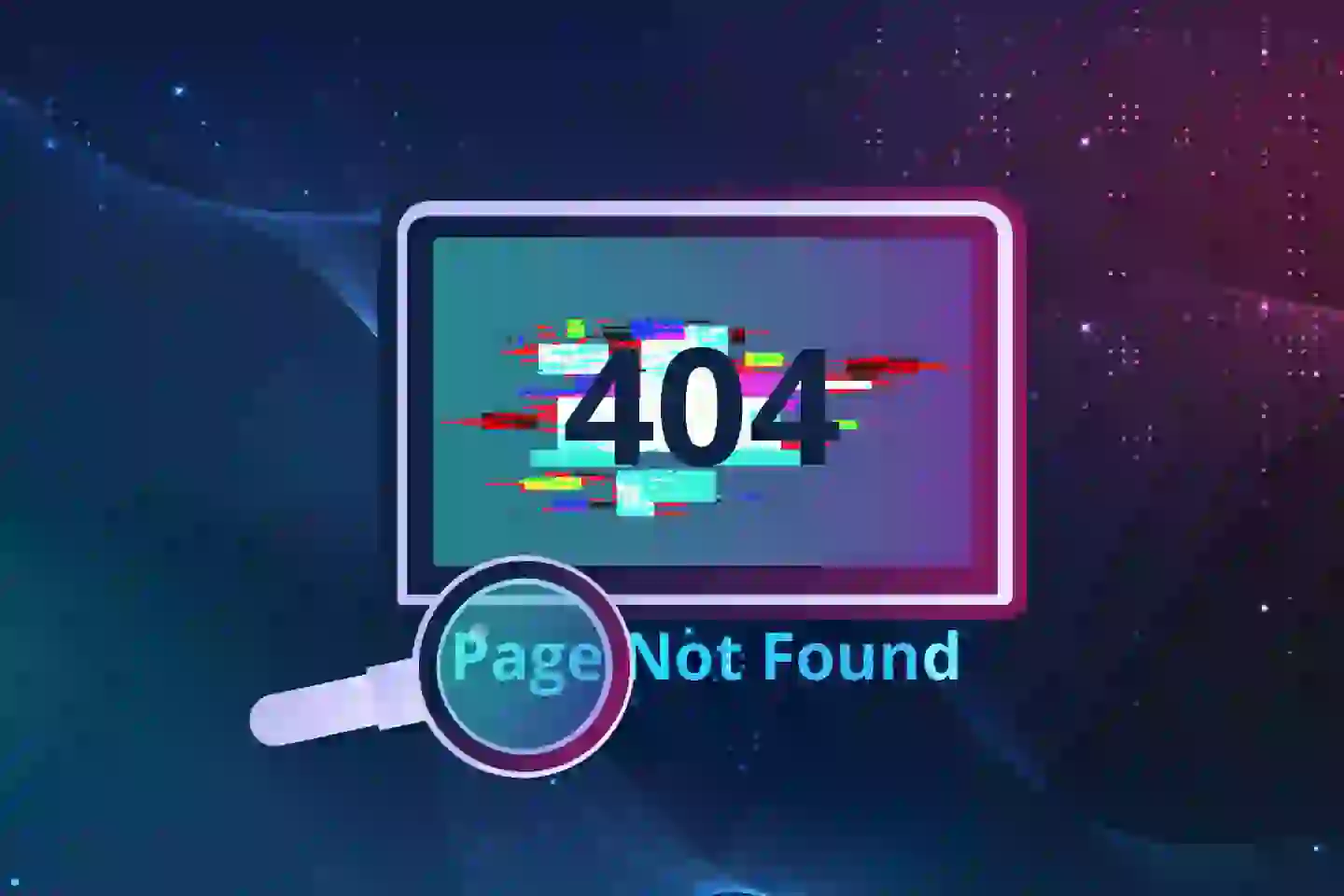Dive into the factors Google uses to determine the most relevant reviews in search results, including length, keywords, specificity, local influence, and timeliness. Discover what impacts review visibility and what doesn't.
Understanding Google's "Most Relevant" Reviews
Google's algorithm for ranking reviews prioritizes relevance over recency. This means that the reviews you see first are those that the algorithm has determined to be the most helpful and informative for users. Here are the key factors that Google considers:
- Length of the Review: The word count of a review plays a crucial role. Longer reviews are typically seen as more detailed and informative, making them more relevant in Google's eyes.
- Use of Keywords: Incorporating specific keywords, especially the business's name, can significantly enhance a review's relevance. This helps in matching reviews to user queries more effectively.
- Specificity: Reviews that provide specific details, stories, or examples related to the product or service are ranked higher for relevance. This is because they offer more value to readers, giving them a clearer understanding of what to expect.
- Local Influence: Google favors reviews written by customers with a history of reviewing businesses in the local area. This local context can make a review seem more applicable and trustworthy to users searching for local insights.
- Timeliness: The relevance of a review decreases over time. This factor ensures that users receive up-to-date information about businesses and their offerings.
Factors Not Influencing Relevance
Interestingly, there are several aspects that do not affect how Google ranks the relevance of reviews:
- Likes: The number of likes a review receives is generally not a determining factor unless the review becomes exceptionally popular or viral.
- Responses from Business Owners: While responding to reviews is good practice for businesses, it does not directly influence the review's relevance ranking.
- Review Sentiment: Google does not differentiate between positive and negative reviews in terms of relevance. Both are subject to the same criteria for determining their importance.
Exploring How Google Ranks the Most Relevant Reviews
Google's method of ranking reviews by relevance rather than by chronological order ensures that users see the most informative and helpful reviews first. By focusing on length, keywords, specificity, local context, and timeliness, Google aims to provide a better search experience for users looking for genuine insights about businesses. Understanding these factors can help both businesses and customers navigate the world of online reviews more effectively, ensuring that high-quality, relevant feedback receives the visibility it deserves.





